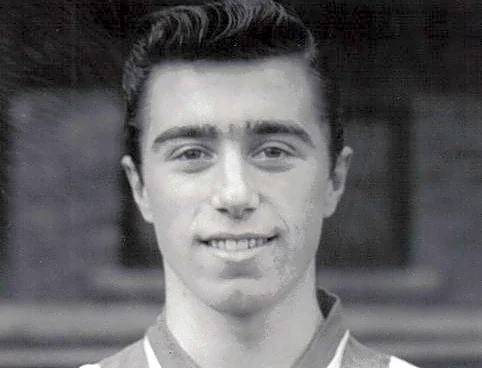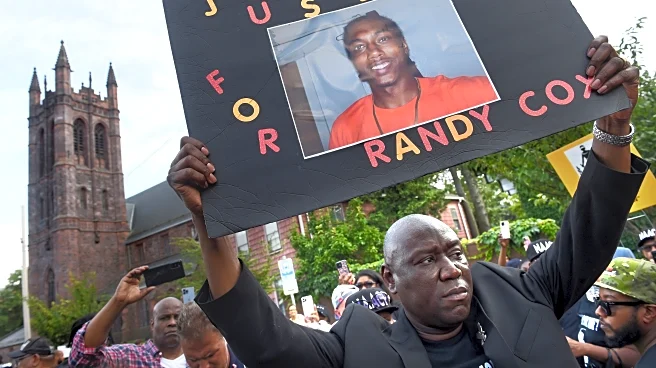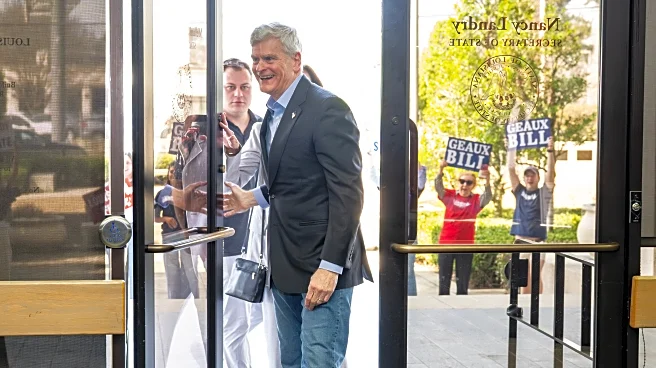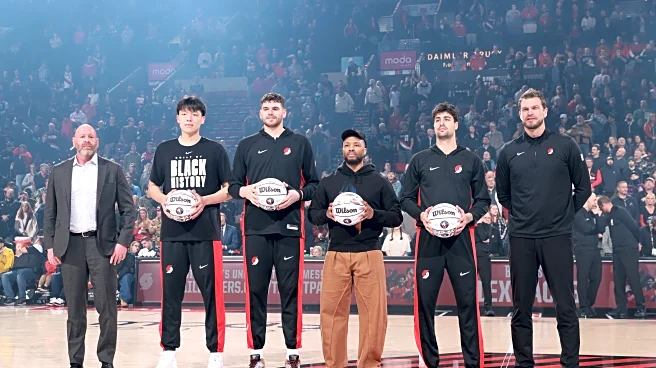West Bromwich Albion were in town and showed six changes to their first eleven, including three teenagers.
Sunderland brought John Parke back into right-half, and George Herd returned to the attack in what
looked like a right-wing position. Harvey moved to left-half and McNab to centre-half, with Nic Sharkey keeping his place up front with Neil Martin. Jim Baxter and George Mulhall played on the left-hand side in an all-Scottish front five.
Sunderland’s season had not started well; we had lost three of our first five home games and arrived at this fixture in nineteenth position in the top tier.
The competition for a place in the forward line was intense and not helped by Ian McColl, who appeared not to fancy John O’Hare, Harry Hood, or Nick Sharkey as a partner for Neil Martin. Having started the season with Hood and Martin, McColl sold the Glasgow lad back to Clyde for £12,000 in October. They had bought him from Clyde two years earlier for £26,000, and Hood went on to have a very good career with Clyde, Celtic, and Motherwell.
Sharkey had come in the game before this one for O’Hare and had scored in the 2-4 defeat at Roker Park against West Ham. Alan Gauden was on the bench.
Despite our poor start, there were over 25,000 people in the ground, including a scouting team from Oldham who were considering a deal involving George Kinnell in a player-swap plus cash.

West Brom were first to show, with Montgomery saving smartly at the dangerous Treacy’s feet and Lovett sending a shot whistling by the post.
Martin Harvey characteristically broke up an attack that set Neil Martin away in an excellent break that was cleared with difficulty.
In less than a minute, George Herd and Neil Martin blazed high and wide.
Sharkey then got in on the action with a clever free-kick, which caused mayhem in the box, with both Martin and Mulhall having shots blocked before the ball fell to Baxter, well placed, who unusually blasted his shot right at the Baggies’ keeper, Potter.
Harvey then intercepted a dangerous-looking WBA attack, which led to the first goal of the game.
Mulhall picked up the pass from Harvey and went on a blistering run and slipped a great pass to Baxter, who controlled and glided the ball through to the onrushing Herd. He took a good touch and then smashed the ball past Potter for a cracking team goal.
It could have been two a minute or so later when Sharkey found Mulhall with a clever lay-off. ‘Bullet’, as some fans liked to call him, blasted his shot just past the post.
Just before half-time, Montgomery made a great save from Treacy, clearing his shot off the line and away to safety.
The second half resumed with Sunderland on the attack. Martin Harvey found Baxter in the centre of the park with an accurate pass out of defence. ‘Slim Jim’ slalomed forward past a defender and hit a rip-snorter of a left-foot drive from twenty-five yards out that looked as if it was going to rise all the way to the “top binns”. It smashed against the bar and away to safety, but what a start to the second period!
Nic Sharkey then moved cleverly into space and picked up a Baxter pass but was felled by two defenders in what looked like a clear foul. The referee thought otherwise, despite the loud protestation of the crowd.
Neil Martin was then picked out by Baxter; he swivelled and let fly, only to see Potter tip the ball away for a corner. George Herd sent over the kick, which was met by Sharkey, who nipped in to the near post and got a deft touch with his head to find Martin. The big Scot wasted no time in firing his shot past Potter to double the score.
It was all Sunderland as Sharkey set up Martin again, who saw a blitzed drive well blocked by a defender.
On the hour, Treacy, who had been a right nuisance all game, got on the end of a low cross and angled his volley past Montgomery at the near post. Less than a minute after this, McNab was injured in a bad head clash, and with play continuing, Clark steamed into the gap left by the stricken half-back and steered the ball into the back of the net. It seemed a tad against the run of play, but Sunderland quickly resumed their assault on the Baggies’ goal.

In what looked like a stonewall penalty, Martin was felled in the box. The referee awarded an indirect free-kick to Sunderland in the box. Baxter rolled the ball to Martin, whose powerful shot was cleared off the line. A minute later, Potter saved well from a Martin header.
The crowd was giving a bit of stick to Treacy, who they felt was wasting time, given that it was the fourth time the trainer had been on the field to tend to an apparent injury. Baxter then found Mulhall with a smashing pass, but he unusually sliced his shot well wide.
In the dying embers of the game, Harvey found Martin with a long throw; his shot on the turn was well saved by Potter on the line.
It had been a fairly good performance from Sunderland, with Sharkey and Martin linking up well at times.
It was only Nic Sharkey’s second game of the season, and he had played fairly well in both, but unbeknownst to the 26,632 crowd that day, it was the last time we saw him play for the Lads. He was transferred, not to Oldham, but to Leicester City later that week, for a fee of £15,000. Leicester manager Matt Gillies saw Sharkey as a great foil for the prolific Derek Dougan, who already had thirteen goals for the season.
Sharkey had travelled with his wife to Norwich to speak to their management team and then on to Leicester the next day, who were very keen to tie up the deal. Their manager, though, was a magistrate and had a court session to deal with that morning, so Leicester half-back Bobby Roberts took Sharkey and his wife on a house-viewing tour before the deal was agreed in the afternoon.
The move brought to an end a promising career at Sunderland, which seemed to have stalled somewhat under the McColl management tenure.
Sharkey had arrived at the club as a fifteen-year-old on apprentice forms in May 1958. He had come to the attention of the Charlie Ferguson scouting network, playing for Dumbartonshire schools in the same team as Ian Black (and as Bobby Kerr would do a couple of years later). He had won two under-15 Scottish caps, and despite his height and build, was deemed a hot prospect.

He got into his stride quickly at Sunderland, scoring 116 goals for the fifth team (Silksworth Juniors) in the 1958/59 season. He continued to score regularly in the first half of 1959/60 with forty goals before being promoted to the youth team playing in the Northern Intermediate League. The goals continued to flow, and he famously scored eight in one game against Scunthorpe. His performances had not gone unnoticed by Alan Brown, who called him up to the first-team squad for the friendly match against Rapid Vienna, where he was a second-half substitute for Ian Lawther.
He made his full debut the next season on the 3rd of April 1960 in a 3-0 defeat at Carrow Road but played well enough to keep his place up front and scored the only goal of the game at Brisbane Road against Leyton Orient five days later.
He played five games in 1960/61, scoring four goals. The arrival of Brian Clough, George Herd, and the form of Willie McPheat and Ambrose Fogarty restricted the youngster to just one first-team game in 1961/62, but he continued to score regularly for the reserves. It took a career-ending injury to Brian Clough halfway through the next season to create a real chance for Sharkey to get regular first-team football. Despite having to fill very big shoes, he played seventeen games in the second half of season 1962/63 and scored eleven goals to help drive the team right to the cusp of promotion, only to lose out in the very last game of the season.
Sunderland went into season 1963/64 with real intent, and Nic Sharkey was a key part of a drive for promotion that saw him play thirty-nine games in all competitions that campaign and score twenty goals. Clough was a great loss to the team, but Sharkey made a very worthy effort to score the goals, alongside Johnny Crossan, that drove the club on to promotion. His goals and performances earned him two Scottish Under-23 caps that season against England and France; surely a full cap would come?
With Clough still trying to come back from the injury, Sharkey continued up front, playing in between Crossan and Herd in the return to the top tier in 1964/65. George Hardwick eventually took over from the departed Alan Brown, and Sunderland rallied after a difficult start to finish in fifteenth position. Sharkey finished with a very credible twenty-one goals in all competitions and was Sunderland’s top scorer that season, despite the arrival of centre-forward Harry Hood from Clyde.
George Hardwick was surprisingly not given the manager’s job on a full-time basis at the end of that season, and Ian McColl, former Scotland manager, arrived, coinciding with the signing of the world superstar that was Jim Baxter and the prolific Neil Martin from Hibernian, a much-sought-after centre-forward. In 1965/66, Sharkey played seventeen games, scoring five goals. His game time was much restricted under the McColl tenure. John O’Hare and Neil Martin formed a partnership of some promise at times, and Sharkey would later claim that Ian McColl did not pick him because of his Catholic faith.
He only played two games in the following campaign of 1966/67, scoring his only goal of that season in the first of two consecutive games before his transfer to Leicester.
His proposed partnership with ‘the Doog’ lasted only one game before Dougan was transferred to Wolves! Sharkey struggled to win his first-team place at Leicester, despite being a free-scoring forward in the reserves.
He was transferred to Mansfield Town for a then-record £10,000 in March 1968 and then moved to Hartlepool in 1970. He returned to live in Sunderland in 1972 and played a season for South Shields before retiring from football.
Nic Sharkey played 117 games for Sunderland between March 1960 and October 1966, scoring 62 goals in all competitions. His twenty goals in our promotion season of 1963/64 were crucial to that campaign, and Charlie Hurley always had a high regard for Sharkey’s efforts that season (it was Hurley who christened Sharkey “Nic the Nicker”). His twenty-one goals in the top tier the following season were a real indicator of what he could offer if given a chance.
He is remembered with great affection by those who saw him play and especially as a key player in the promotion team of 1963/64. His five goals in the game against Norwich at Roker Park in March 1963 see him share the record for most goals scored in one game with Sunderland legends Bobby Gurney and Charlie Buchan.
Nic Sharkey passed away at the age of seventy-one in 2015, in his adopted home of Sunderland.
The last words on this hard-working little forward we will leave to Brian Clough. Commenting at the end of the 1962/63 season, where Sharkey had stepped in for the injured Clough halfway through the season and Sunderland had just missed out on promotion in the last game of the campaign, Clough said: “I must mention our young centre-forward Nick Sharkey. Nobody could have tried harder to put Sunderland in the first division. He challenged, chased, and did everything humanly possible”. That just about captures the essence of this diminutive striker.
Division One Date: 08/10/1966 Venue: Roker Park Attendance: 26,632
Sunderland 2 – 2 WBA
Goal scorers: Herd 28 mins; Martin 58 mins / Treacy 60 mins; Clark 61 mins
Sunderland: Montgomery; Irwin; Ashurst; Parke; McNab; Harvey; Herd; Sharkey; Martin; Baxter; Mulhall. Substitute: Gauden
WBA: Potter; Crawford; Collard; Williams; Campbell; Lovett; Krzywiki; Stephens; Treacy; Hope; Clark. Substitute: Wilson










